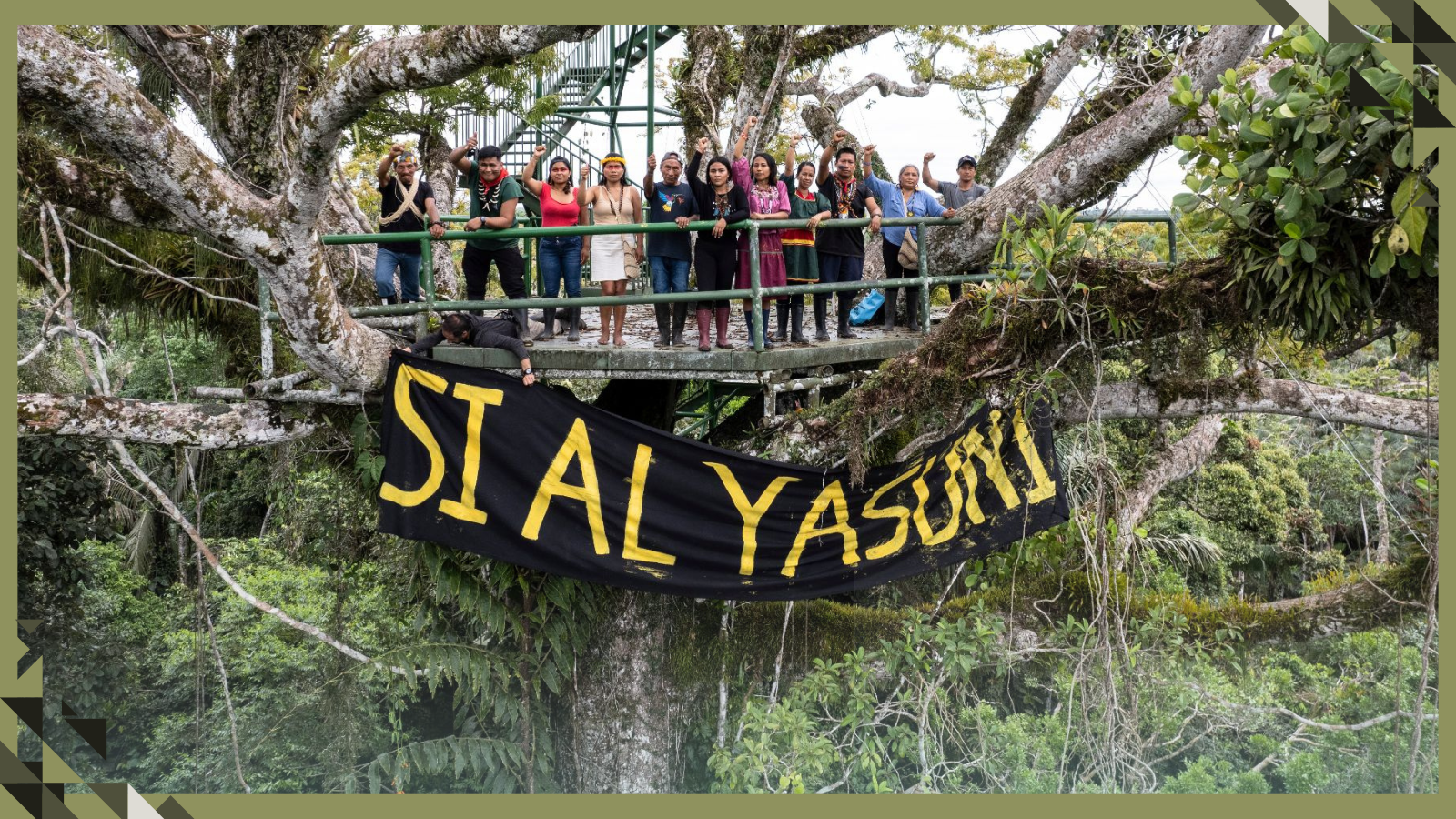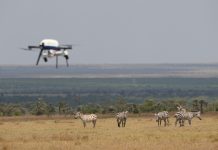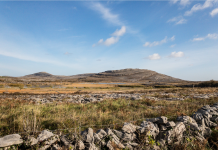Written by: Kimberly White
Millions of Ecuadorians have voted in a landmark referendum to halt oil exploration and development in the Yasuni National Park in the Amazon rainforest, one of the most biodiverse regions on Earth.
Held during the first round of the nation’s presidential elections, the referendum garnered nearly 60 percent of the popular vote and will keep more than 726 million barrels of oil underground in the Yasuni National Park, ancestral home to the Waorani as well as the Tagaeri and Taromenene communities, two of the world’s last Indigenous communities living in voluntary isolation.
“The Ecuadorian people have added their grain of corn for the world, and with this victory, they have lit a spark from this territory for the world to see. This victory shows that we humans are taking action to save our planet during these times of climate crisis. Through this referendum, we have saved Yasuni in the heart of the Amazon rainforest, the home of Indigenous peoples,” said Leonidas Iza Salazar, President of CONAIE.
A global precedent for climate democratization
The historic referendum sets a global precedent for the democratization of climate politics. The vote to halt oil drilling makes Ecuador the first country in the world to determine the limits of resource extraction through a referendum, giving people the power to directly decide whether or not to drill for oil in the iconic Amazon rainforest.
The referendum is the achievement of more than a decade of grassroots organizing and mobilization.
In 2013, the anti-extractives group Yasunidos began collecting signatures to petition for the referendum, with approximately 1,400 volunteers collecting 757,000 signatures. After years of activism, Yasunidos’ petition was successful, and the country’s National Electoral Council accepted the referendum request in 2022. In May, the constitutional court ruled that the referendum question was legitimate and approved it appearing on the ballot.
“The outcome of this referendum is a victory for all Ecuadorians. It shows us that the greatest national consensus at this time is in the defense of nature, the defense of Indigenous peoples and nationalities, the defense of life. The majority of Ecuadorian society believes that Yasuní, the most biodiverse place on the planet, must be protected, that the millions of animals that live in this sacred space should be protected, and that the lives and rights of Indigenous peoples, including communities living in voluntary isolation, must be respected,” said Pedro Bermeo, founding member of Yasunidos.
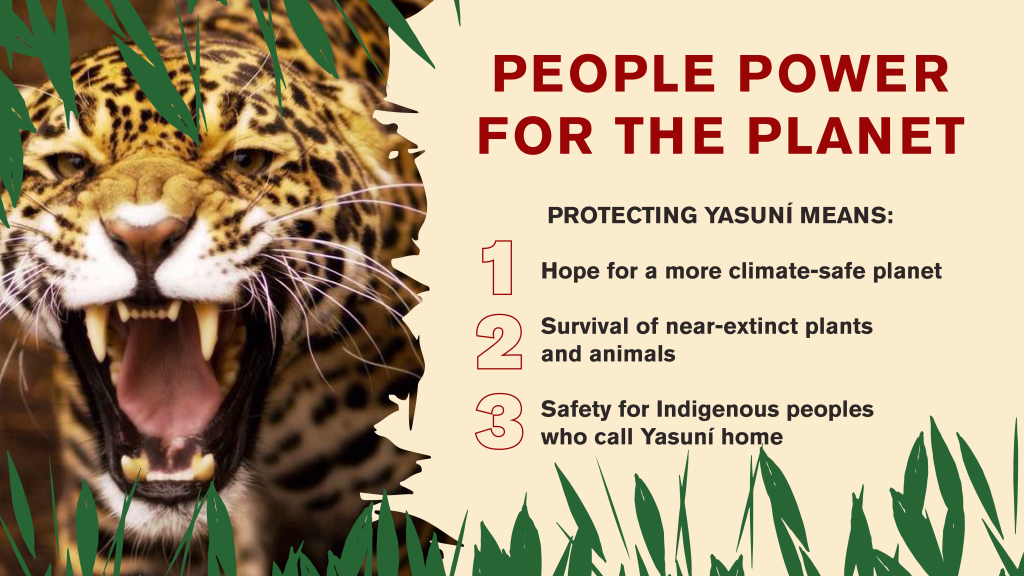
A major blow to the fossil fuel industry
The decision is a major blow to the fossil fuel industry as the legally binding referendum permanently prohibits oil drilling in Petroecuador’s controversial Ishpingo-Tambococha-Tiputini (ITT) oil project, located on the eastern edge of Yasuni National Park.
Petroecuador, the state oil company, currently produces more than 57,000 barrels of oil per day, roughly 12 percent of the nation’s oil production, at this location. The project has 12 oil platforms and 230 wells in the area.
Petroecuador has decried the vote, stating that it will have negative economic implications for the oil-dependent nation. Petroecuador anticipates roughly $14 billion in losses over the next 20 years.
Following the referendum, the Ecuadorian government must halt operations and dismantle infrastructure within one year. Additionally, the government must carry out remediation and reforestation.
Oil drilling began in the Yasuni rainforest in 2016. Since then, nearly 690 hectares of rainforest, an area the size of 1,200 American football fields, have been degraded by the oil industry.
“In one fell swoop, the Ecuadorian people struck a mighty blow to the oil industry, protected one of the most biodiverse forests in the Amazon, and showed the world what grassroots climate action really looks like,” said Mitch Anderson, Executive Director of Amazon Frontlines. “People power is the answer to the climate crisis.”
Referendum is a major victory for Indigenous rights and global climate
The Ecuadorian people’s decision to halt oil exploration and development in this vital region marks a major victory for Indigenous rights, conservation, and climate.
“Today is a historic day! As a Waorani woman and mother, I feel overjoyed with Ecuadorians’ resounding decision to stop oil drilling in my people’s sacred homeland,” said Nemonte Nenquimo, Waorani Leader & Goldman Prize Winner. “We have lived with the consequences of over half a century of oil exploitation, it hasn’t brought any development, it has only destroyed nature, our territories, our cultures. People are now realizing the crises we face aren’t going to be solved by exploiting more oil. It’s about respecting Mother Earth and uniting to create a better world for our children, for future generations! Ecuador is showing to other countries that another world is possible!”
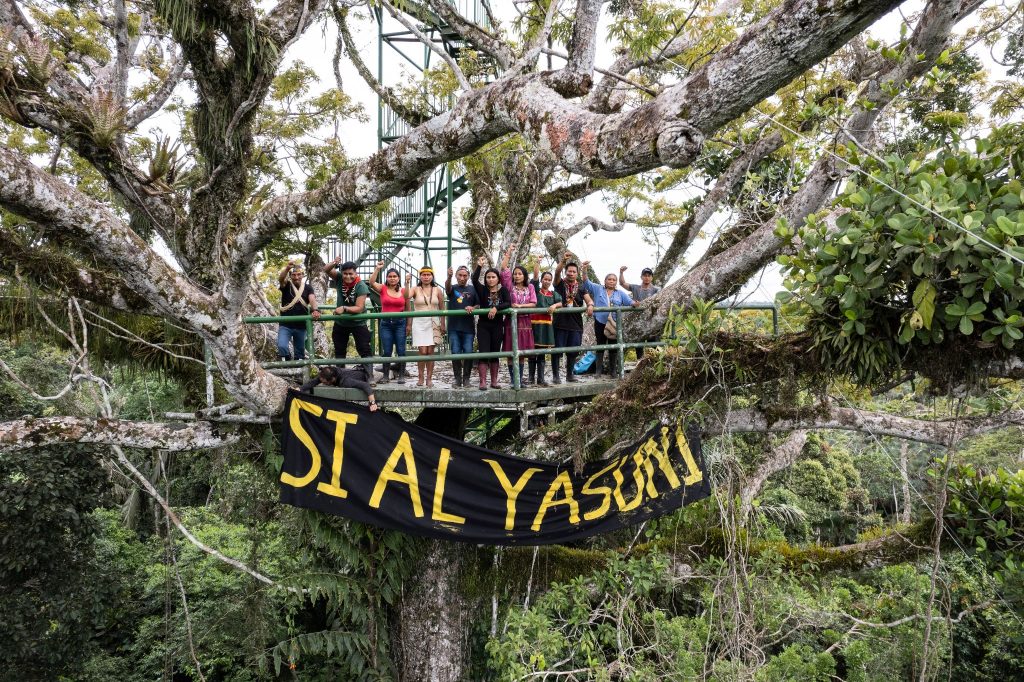
Located deep within the northern Amazon rainforest, Yasuni National Park is at a geographic crossroad at the intersection of the Andes, the Amazon, and the Equator. Yasuni is one of the richest biodiversity hotspots on the planet, with more than 1,300 tree species, 610 bird species, 121 reptile species, 150 amphibian species, more than 268 fish species, and at least 200 species of mammals. The referendum permanently protects some 2,000 hectares of the Amazon rainforest, preventing the release of 345 million tons of carbon into the atmosphere.
“As Ecuadorians, we are paving the way to create solutions to the problems that we face as humanity. We hope other countries around the world see this triumph and our message, so that other citizens can also exercise their rights and use direct democracy to save life, save the forest, save nature and ourselves as humans. We call on other countries to unite, we must all unite to safeguard human life and our Mother Earth, she is the only home we have,” stated Iza Salazar.

